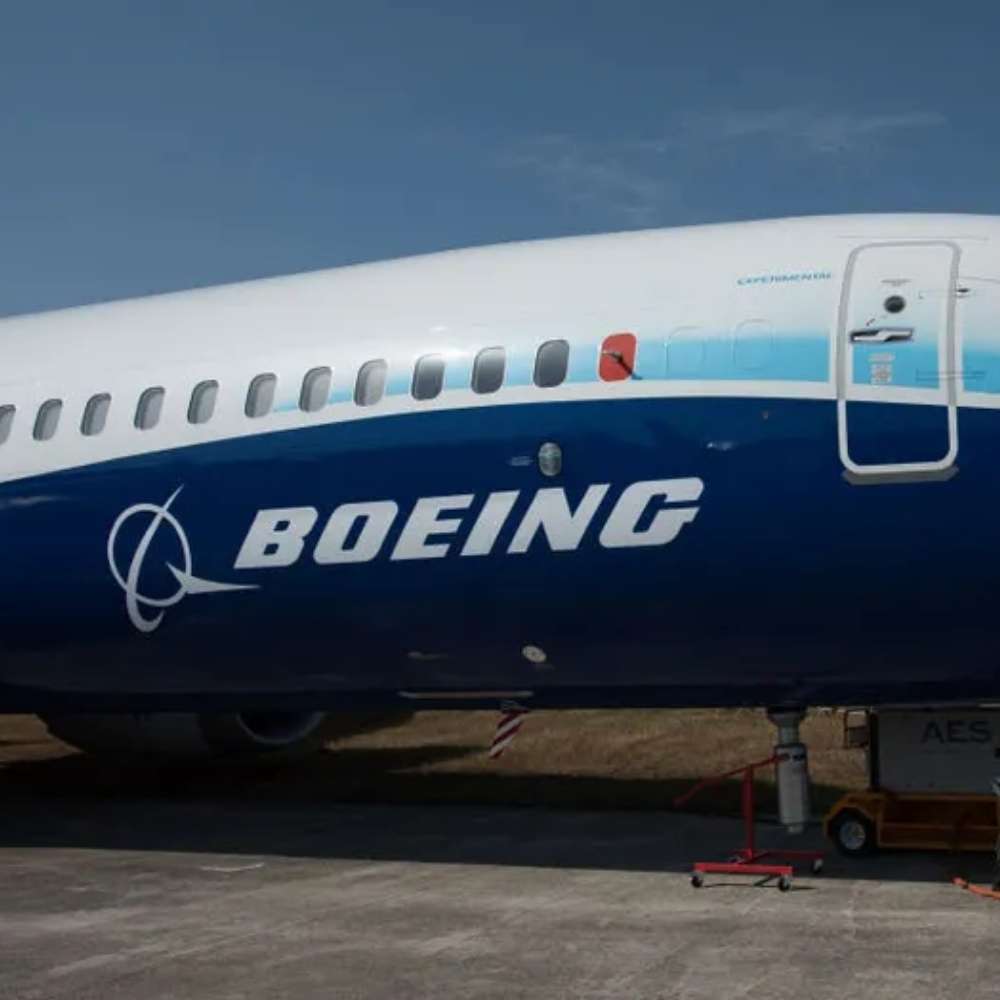Safety Alert After Bird Strike Incidents on 737 MAX
The U.S. National Transportation Safety Board (NTSB) has issued an urgent safety recommendation regarding Boeing 737 MAX aircraft powered by CFM International’s LEAP-1B engines. The alert follows two incidents involving Southwest Airlines flights in 2023, where bird strikes led to smoke entering the cockpit or passenger cabin. The NTSB urged the Federal Aviation Administration (FAA) to ensure that flight crews operating these planes are fully informed about the potential hazard, especially during critical flight phases such as takeoff and landing.
Southwest Airlines responded by stating that it is reviewing the NTSB’s recommendations and already has safety measures in place. The airline said it had informed its crews about the consequences of specific bird strikes and emphasized strict adherence to safety procedures. CFM International—the world’s leading engine supplier by units sold—is a joint venture between GE Aerospace and France’s Safran. According to the NTSB, if a load reduction device (LRD) is triggered during flight due to a bird strike, it may cause smoke to enter the flight deck, posing a significant risk to flight safety.
Calls for Wider Evaluation and Software Updates
In addition to the 737 MAX, the National Transportation Safety Board (NTSB) has asked regulators to assess the same risk on other aircraft using similar engines, including Airbus A320neo jets with LEAP-1A engines and China’s COMAC C919 aircraft with LEAP-1C engines. The agency has called upon the European Union Aviation Safety Agency (EASA) and China’s Civil Aviation Administration to investigate whether the problem affects these aircraft models as well. So far, Airbus, COMAC, and EASA have not issued responses.
Both the FAA and Boeing have expressed agreement with the National Transportation Safety Board (NTSB) findings. The FAA said it has advised aircraft operators to review their operating procedures and crew training in light of the potential smoke risk. The administration added that it would mandate any permanent safety modifications once the engine manufacturer finalizes a mitigation plan. Boeing confirmed that it is collaborating with CFM on a software design update and intends to roll out the fix across the 737 MAX fleet once it is completed and approved.
Ongoing Investigations and Industry Response
The National Transportation Safety Board (NTSB) is currently investigating two specific bird strike incidents. The first occurred in March 2023 on a Southwest flight departing Havana, where smoke reportedly filled the cabin. The second, in December 2023 near New Orleans, involved smoke entering the cockpit after a bird struck the left engine. Following these events, Boeing issued a bulletin in February 2024 to inform flight crews about the potential smoke-related consequences of severe engine damage.
Previously, in November 2023, the FAA had reviewed the bird strike issue but did not require immediate corrective action. However, in light of new findings, the regulatory agency has been considering procedural changes—such as adjusting takeoff techniques to close off airflow to engines—to reduce the likelihood of smoke infiltration following a bird strike. The aviation community now awaits further guidance and technical updates aimed at ensuring the safety of affected aircraft models.
Visit more of our news! Mr. Business Magazine.







